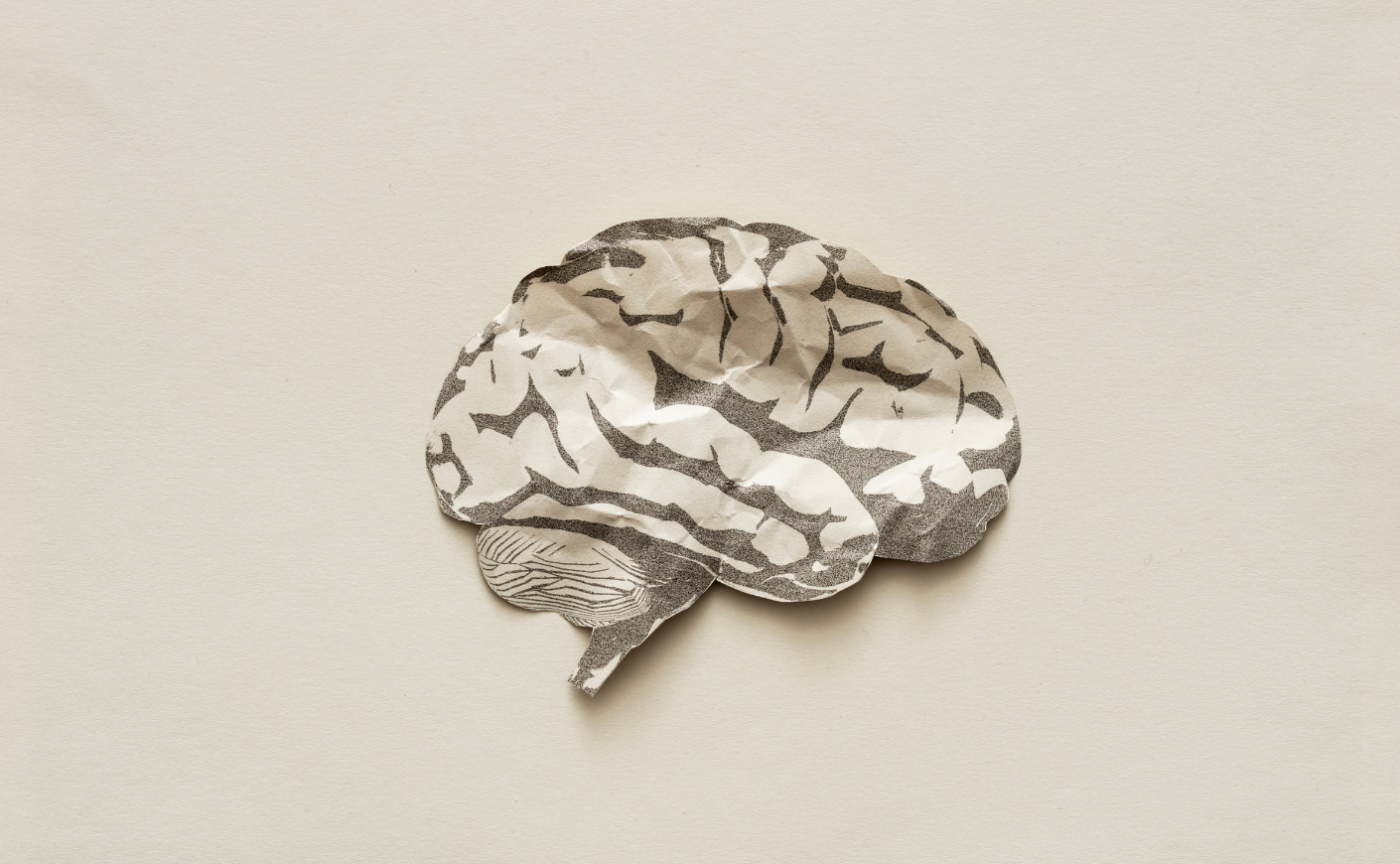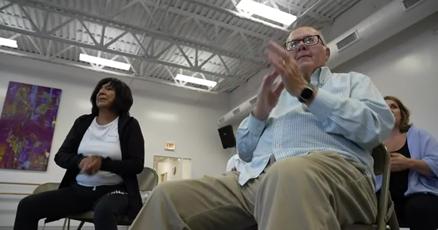
When Michael Okun, MD, first used the term “Parkinson’s pandemic,” he was written off as alarmist. That was over a decade ago, and since then, rates of the neurodegenerative disease have risen at a distressing pace.
In 2020, he projected that there’d be 12 million people with Parkinson’s by 2035. Unfortunately, that turned out to be a gross underestimate: Today, there are approximately 11.8 million cases — and climbing.
“The growth has been explosive,” Dr. Okun tells us.
He and his co-author — Ray Dorsey, MD, another leading Parkinson’s researcher — examine what’s driving the uptick in their new book, The Parkinson’s Plan. We spoke to Dr. Okun about the leading theories, that viral research paper linking Parkinson’s and proximity to golf courses, and what you can do to protect yourself.
What are some of the theories about why Parkinson’s is on the rise?
Dr. Okun: About 20 years ago, research started coming out about how pesticide exposure is associated with a higher prevalence of people with Parkinson’s. For a while nobody paid much attention to this, but then the same patterns started to emerge globally. What we’ve discovered is that some of these pesticides, with chemicals like paraquat and rotenone, are linked to Parkinson’s, as is trichlorethylene, or TCE, which is used in dry cleaning and as a degreaser for airplanes.
Can you tell us about the recent paper your co-author Dr. Dorsey published and why it’s getting so much attention?
He and his colleagues found that if you live within a mile from a golf course, you have a much higher chance of developing Parkinson’s. Why is that? We think it’s because when they spray golf courses with pesticides, that leaks into groundwater, contaminating drinking water.
Why do researchers believe pesticides are linked to Parkinson’s?
These chemicals impair mitochondria, or the powerhouse of cells, and we think that changes how the brain is able to regulate itself — knocking it out of homeostasis. Now, if you have one of the genes that’s linked with Parkinson’s and you’re exposed to pesticides on top of that, you’ve really increased your risk.
What treatments are currently available, and what’s on the horizon?
The best treatment available is still dopamine replacement therapy, which was developed in the 1960s. It’s called Levodopa, and it’s still the gold standard for treatment, but it doesn’t slow the disease progression.
We’ve seen some advancements in surgical techniques, like applying electricity to the brain to improve symptoms, and gene-editing therapies. But we still need to have a better understanding of where the disease starts and how it progresses in order to find a cure.
What do you recommend people do to protect themselves?
One thing is to wash your produce to get any pesticides off your fruits and vegetables. That’s a really big thing that can be a game-changer. You can also have your water screened by local authorities and use a water filter, which will protect you from TCE and pesticides. Another important thing you can do is make sure you get enough exercise and get an adequate amount of sleep.
This interview has been edited and condensed for clarity.
This was shown first on: https://katiecouric.com/health/what-causes-parkinsons-disease-golf-course-pesticides/


